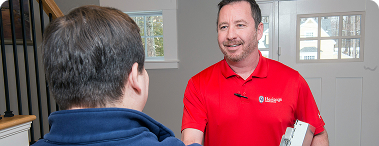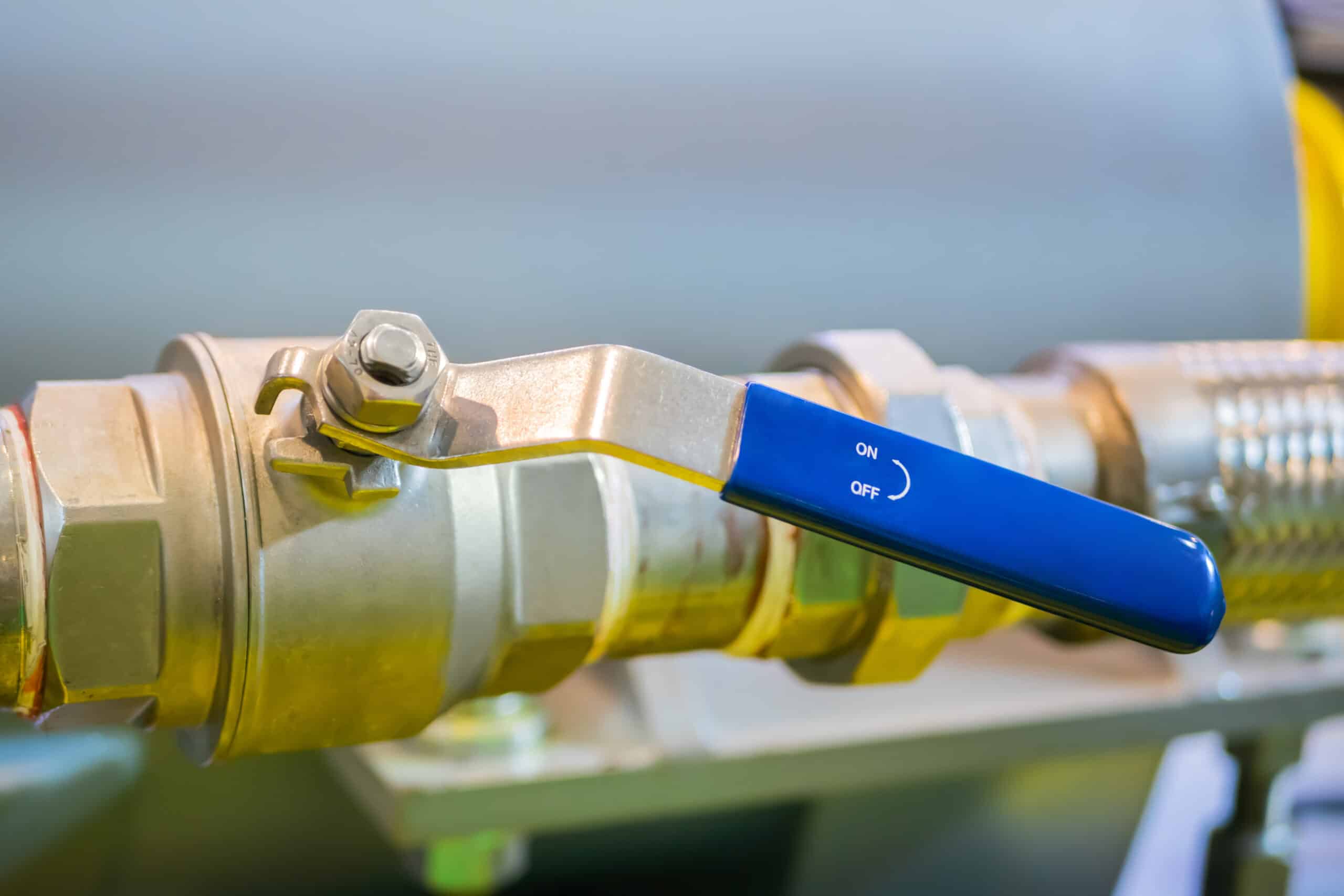The humble shutoff valve is one of the most overlooked but crucial components in your home’s entire plumbing system. In fact, a well-designed system will contain several of these valves at different key locations in your home. So, what exactly are they and what’s their importance? Heritage is here to help you get the answers you need to all things shutoff valves.
The Basic Types of Shutoff Valves
The first port of call during a plumbing emergency, repair, or upgrade is locating the water shutoff valve corresponding to the area where the work is being performed. Sometimes these can control a large portion of the plumbing system, such as your main water shutoff. Other times, these are small valves located behind or nearby appliances and fixtures such as toilets, dishwashers, and kitchen sinks. Regardless of size or location, they all perform the same duty when engaged in completely stopping the flow of water past the valve.
Advanced Protection – Automatic and Smart Shutoffs
While not strictly necessary for a well-designed plumbing system, these types of shutoff valves can add a great deal of peace of mind, especially for vacation homes or homeowners who plan to be away for an extended period of time.
Flood Detection Valves
It can be handy to know if any equipment in your home is equipped with a flood detection valve. One commonly found in homes is a Floodmaster water heater leak detection system. These devices use a sensor to detect if there is a leak in your drain pan, setting off an alarm to notify you and automatically triggering the inlet valve to close to prevent further leaking. If you’re unsure if you have or need a Floodmaster, ask your technician during your next water heater maintenance!
What if I don’t know where my shutoffs are located?
As a complimentary service we can perform during any plumbing job, one of our licensed technicians will tag and label your shutoff valves so you know exactly where to go in the event of an emergency.
Note: Home Advantage Members receive extra care in this regard, and a complete inventory of all equipment will be taken in their home, as well as all relevant shutoffs and switches labeled for the customer use. Learn more about our Home Advantage membership.
Avoid Saddle (Self-Piercing Needle) Style Valves
While most shutoffs installed in homes today meet current code requirements for functionality and durability, there is at least one to avoid and which should make you think twice about a plumber who uses them. Saddle valves, sometimes called self-piercing needle valves, were a ubiquitous fitting used in DIY and less scrupulous professional plumbing jobs due to their simplicity and ease of installation. This style valve uses a needle to pierce an existing water line and feed a smaller line, like the water line to your refrigerator. They are recognized for their trademark “T” at the top of the fitting, which controls the needle inside the water line. Due to updates in code requirements, these fittings are seen as no longer reliable due to a history of failure and unreliability. It is recommended that these style valves be replaced with a traditional t-valve which is much more secure for long-term use.
Whether you’re looking for more information on how to locate and use the shutoff valves in your home, or need to replace or add valves, you can trust in the plumbing experts at Heritage. Don’t wait for an emergency to happen – just call Heritage today!

Financing Made Easy
When you choose Heritage, you can rest easy knowing that we provide straightforward options to help you budget for a complete solution that will last you for decades to come.
VIEW FINANCING OPTIONS
Complete Care Plan
With Complete Care, enjoy peace of mind knowing your home's plumbing, heating, cooling, and electrical needs are handled year after year—hassle-free, with added benefits.
VIEW PLAN







